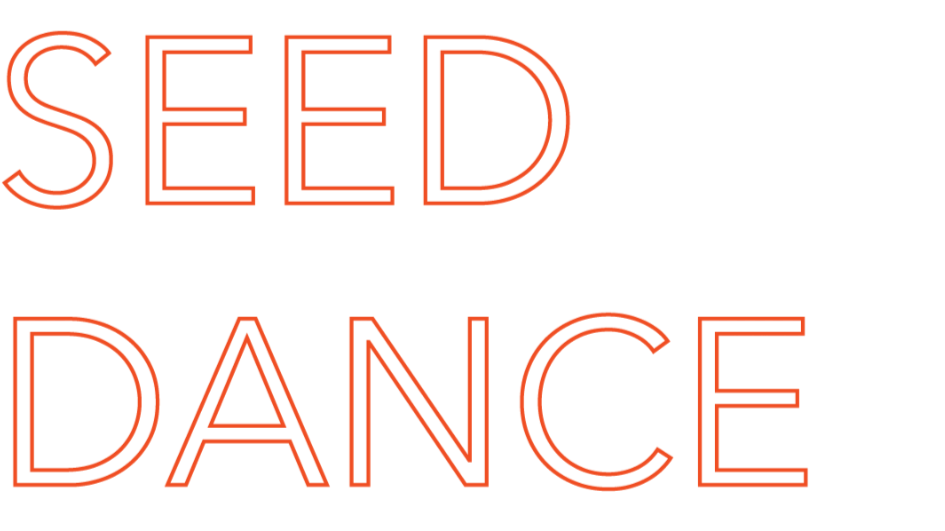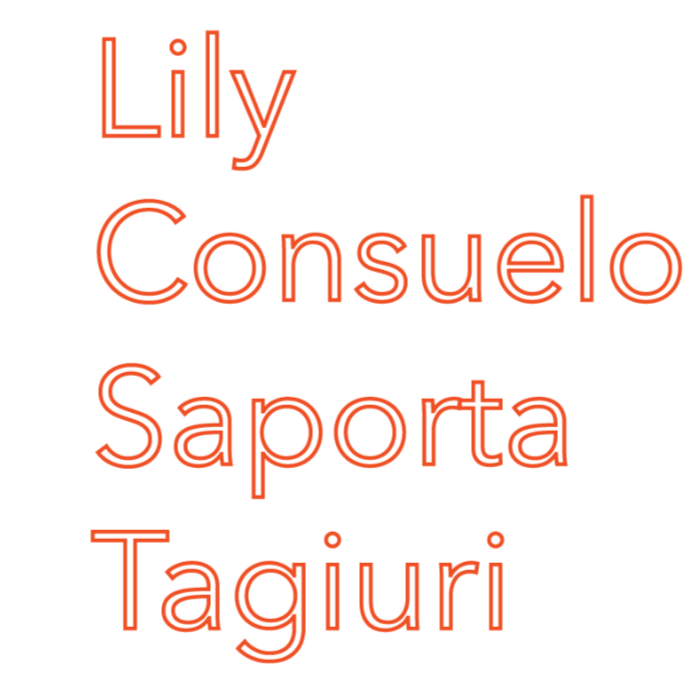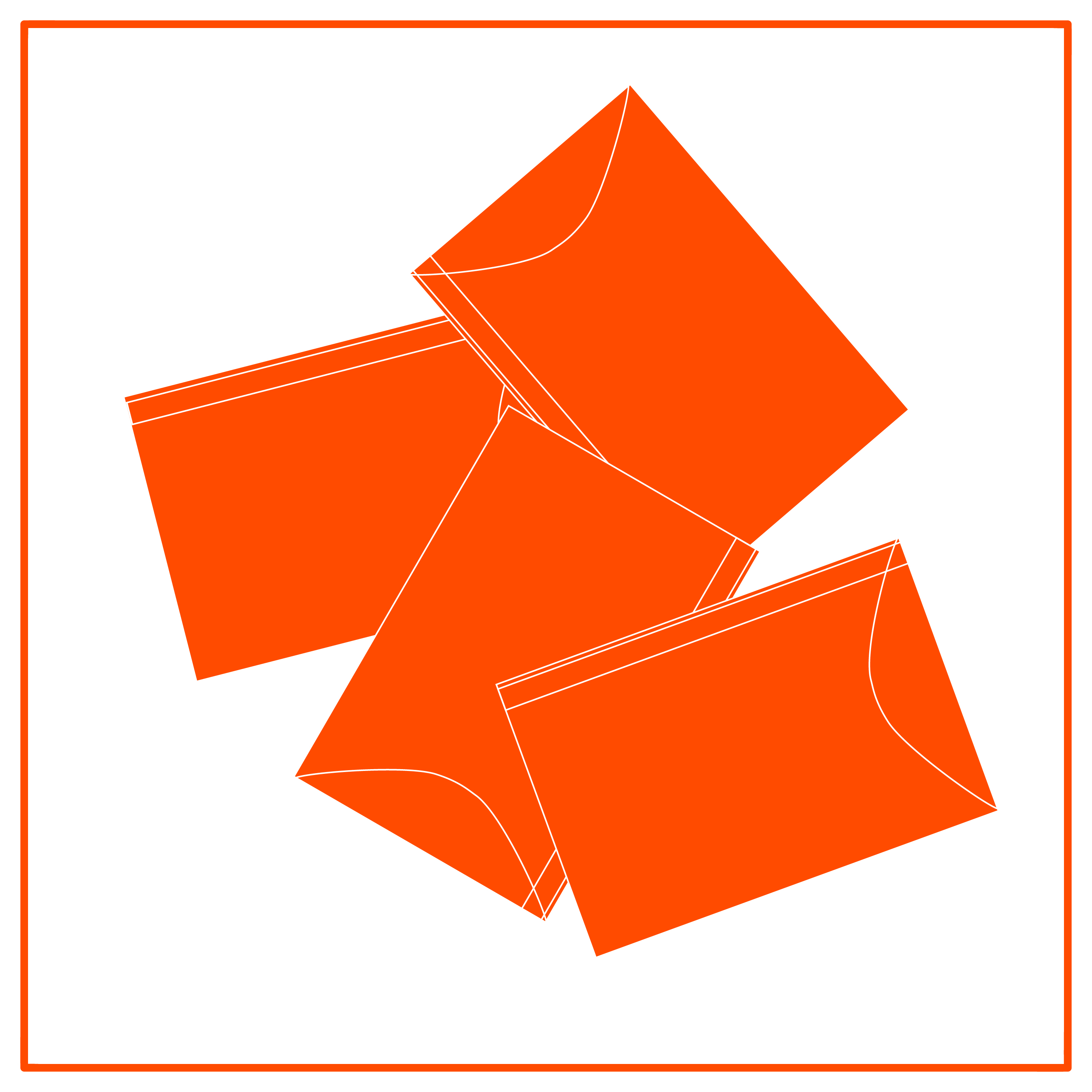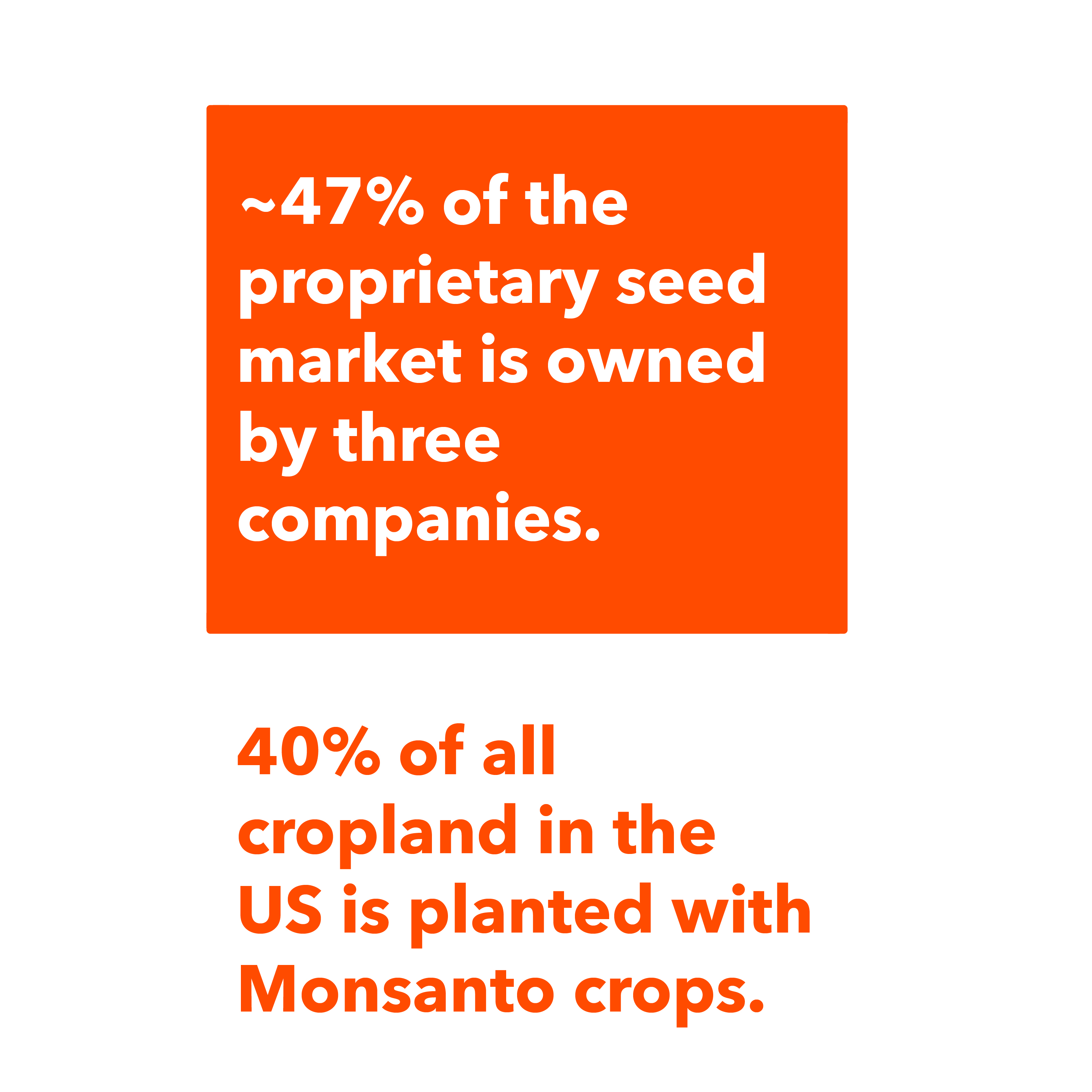
.jpg)
Do you know where your seeds come from? Not where your food comes from, but your seeds?

Do you save your seeds from year to year? Do you trust that someone is making sure seeds are safe? Why?
Seeds were so in demand at the beginning of the pandemic that there were seed shortages. As people began to grow their own food at home for the first time, it felt like an empowering movement towards food autonomy. At the same time farmers warned that when amateurs used all the seeds there would be none left for the farms who provided food at a scale, while others had to dispose of tons of food that would no longer make it to market. It made obvious an economy of seeds that was otherwise invisible to me and made clear that I operated on blind faith that someone somewhere had my best interest in mind. My work began with the simple truth that all food systems start with seeds and became an inquiry into seed keeping methods across the world, the inherent power of the largest seed holders, and how simple seed keeping methods are a key to unlocking infinite food.
To understand why keeping seeds is critical to food sovereignty, one only has to look at the numbers. 37% of land area is used for agriculture.* Out of tens of thousands of edible plants, only 20 plants account for 90% of the ones grown.** Of the land used, a disproportionate amount of sugar, corn, soy, and wheat are grown.*** Those crop choices are in part, the result of culture, preference, and availability but above all, they are due to economics. Ownership of seeds is not just ownership of food and sustenance but the ownership of future plants. When there is a financial incentive to protect and maintain certain seeds over others, there is a bias of what life should be maintained and proliferate. High yield and high grossing crops are the ones that are promoted and three companies own 47% of the proprietary seed market.****
These numbers give me a visceral reaction. Our diets are not a result of what nourishes us but what will make corporations rich. To eat a diverse diet has become labor, privilege, and at times subversive. Played out to its extreme, which is not far from current metrics, the majority of seeds and crops will be controlled and dictated by corporations with few ethical or legal obligations to protect the well-being of humans let alone ecosystems.
The complex social and ecological networks that these numbers overlook are only more persuasive in the argument to save seeds. When certain seeds are saved and others discarded foods become endangered, and ecosystems are thrown out of wack. Without one ingredient, a recipe can become extinct. Without one plant, an ecosystem can deteriorate. Moreover, seeds evolve to fit their environments, a carrot grown in the land behind my apartment would be toxic but might develop resilience to heavy metals that the same seed would not develop elsewhere. Seeds reflect their environments and their conditions. Seed saving is an act of maintaining those unique relationships.
There are a few ways to save seeds. Founded with the goal of protecting biodiversity, specificity, and with the future in mind, the tech-forward approach is to keep seeds at a temperature-controlled vault. The other way to preserve seeds is to grow them. If seeds are continued to be planted, they are able to adapt to changing climates, and other variables such as pollution. This is how seeds have been preserved for hundreds of years. By saving seeds, especially heirloom ones at home and growing them year to year, individuals are enacting a choreography of preservation.
In an effort to integrate a relationship to seeds into my life I have been mapping seeds and their origins, studying the architecture of their storage, saving and planting seeds of my own. I have also designed Seed Dance, a limited edition of seed kits for public participation with a guided set of simple actions, or choreographies, connected to the value of seeds. It is called Seed Dance, as a tribute to Octavia Butler’s Earth Song a rich spiritual system of connecting to the earth, but instead of words, uses a movement to connect. These have been sent out and responses will be archived on my personal website. Seeds are a vital and magical link between our past and future and between us and the non-human world. Please be in touch if you would like to speak about this project more.
To understand why keeping seeds is critical to food sovereignty, one only has to look at the numbers. 37% of land area is used for agriculture.* Out of tens of thousands of edible plants, only 20 plants account for 90% of the ones grown.** Of the land used, a disproportionate amount of sugar, corn, soy, and wheat are grown.*** Those crop choices are in part, the result of culture, preference, and availability but above all, they are due to economics. Ownership of seeds is not just ownership of food and sustenance but the ownership of future plants. When there is a financial incentive to protect and maintain certain seeds over others, there is a bias of what life should be maintained and proliferate. High yield and high grossing crops are the ones that are promoted and three companies own 47% of the proprietary seed market.****
These numbers give me a visceral reaction. Our diets are not a result of what nourishes us but what will make corporations rich. To eat a diverse diet has become labor, privilege, and at times subversive. Played out to its extreme, which is not far from current metrics, the majority of seeds and crops will be controlled and dictated by corporations with few ethical or legal obligations to protect the well-being of humans let alone ecosystems.
The complex social and ecological networks that these numbers overlook are only more persuasive in the argument to save seeds. When certain seeds are saved and others discarded foods become endangered, and ecosystems are thrown out of wack. Without one ingredient, a recipe can become extinct. Without one plant, an ecosystem can deteriorate. Moreover, seeds evolve to fit their environments, a carrot grown in the land behind my apartment would be toxic but might develop resilience to heavy metals that the same seed would not develop elsewhere. Seeds reflect their environments and their conditions. Seed saving is an act of maintaining those unique relationships.
There are a few ways to save seeds. Founded with the goal of protecting biodiversity, specificity, and with the future in mind, the tech-forward approach is to keep seeds at a temperature-controlled vault. The other way to preserve seeds is to grow them. If seeds are continued to be planted, they are able to adapt to changing climates, and other variables such as pollution. This is how seeds have been preserved for hundreds of years. By saving seeds, especially heirloom ones at home and growing them year to year, individuals are enacting a choreography of preservation.
In an effort to integrate a relationship to seeds into my life I have been mapping seeds and their origins, studying the architecture of their storage, saving and planting seeds of my own. I have also designed Seed Dance, a limited edition of seed kits for public participation with a guided set of simple actions, or choreographies, connected to the value of seeds. It is called Seed Dance, as a tribute to Octavia Butler’s Earth Song a rich spiritual system of connecting to the earth, but instead of words, uses a movement to connect. These have been sent out and responses will be archived on my personal website. Seeds are a vital and magical link between our past and future and between us and the non-human world. Please be in touch if you would like to speak about this project more.
.jpg)

Do you spit fruit seeds back into the earth and imagine what they will grow into? Do you go back and check on them?
.jpg)

***https://pfaf.org/user/edibleuses.aspx#:~:text=There%20are%20over%2020%
2C000%20s%20both%20delicious%20and%20nutritious.
***https://www.visualcapitalist.com/the-worlds-most-valuable-cashcrop/
****https://www.gmwatch.org/en/gm-firms/10558-the-worlds-top-ten-seed-companies-who-owns-nature
2C000%20s%20both%20delicious%20and%20nutritious.
***https://www.visualcapitalist.com/the-worlds-most-valuable-cashcrop/
****https://www.gmwatch.org/en/gm-firms/10558-the-worlds-top-ten-seed-companies-who-owns-nature